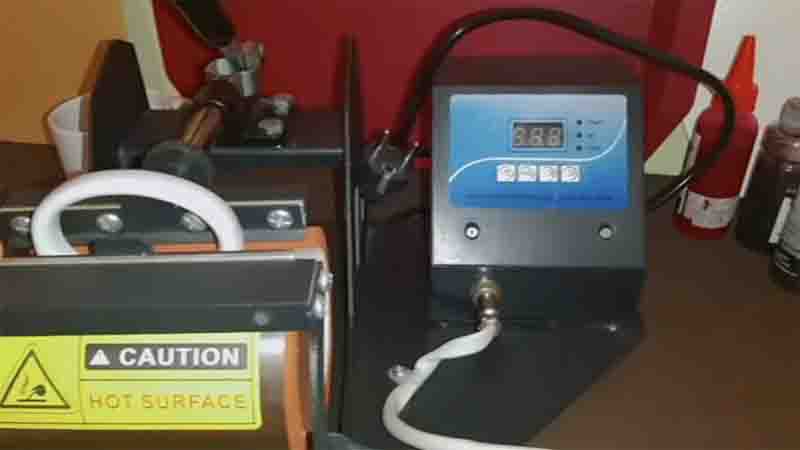
In a world increasingly dominated by digital technology, it’s easy to forget the essential role that printing plays in our lives. One of the unsung heroes of the printing world is thermal printing, a technology that quietly powers countless industries and daily operations. In this article, we’ll delve into the fascinating world of thermal printing, exploring its principles, applications, and why it’s so essential in today’s fast-paced world.
The Basics of Thermal Printing
At its core, thermal printing is a type of digital printing that produces images by selectively heating coated thermal paper, or in some cases, plastic, to generate text or graphics. Unlike traditional inkjet or laser printing, thermal printing doesn’t rely on ink or toner. Instead, it uses heat to create images, making it both efficient and cost-effective.
How Thermal Printing Works
Thermal printers have two main types: direct thermal and thermal transfer. Here’s a simplified overview of how each works:
1. Direct Thermal Printing:
- In direct thermal printing, the printer’s thermal printhead selectively heats specific areas of the thermal paper.
- The heat causes a chemical reaction in the thermal coating of the paper, turning it black.
- The blackened areas create the desired text or image on the paper.
- Direct thermal printing is often used in applications like receipt printing, shipping labels, and barcode labels.
2. Thermal Transfer Printing:
- In thermal transfer printing, a heated ribbon is used to transfer ink onto the label or paper.
- The thermal printhead selectively heats the ribbon, which then melts the ink onto the paper or label material.
- This method allows for a broader range of printing materials, including polyester, polypropylene, and more.
- Thermal transfer printing is common in applications requiring durable and long-lasting labels, such as product labels and asset tags.
Applications of Thermal Printing
Thermal printing has found its way into numerous industries and applications due to its speed, reliability, and low maintenance requirements. Some key applications include:
1. Retail and Point of Sale (POS): Thermal printers are commonly used for printing receipts, price tags, and barcode labels at retail stores and restaurants.
2. Healthcare: In the medical field, thermal printers generate patient labels, wristbands, and prescription labels, ensuring accurate and efficient record-keeping.
3. Logistics and Shipping: Thermal printing is crucial for creating shipping labels, packing slips, and tracking labels in the logistics and shipping industry.
4. Manufacturing: Manufacturers use thermal printers for product labeling, inventory control, and compliance labeling.
5. Labels and Stickers: The labeling industry relies heavily on thermal printing for creating product labels, barcode labels, and more.
6. Transportation: Thermal printing is used for printing tickets and boarding passes in the transportation sector.
Advantages of Thermal Printing
Thermal printing offers several advantages that make it an attractive choice for various applications:
- Speed: Thermal printers are known for their high-speed printing capabilities, making them ideal for tasks requiring quick output.
- Durability: Thermal prints are resistant to fading and water damage, ensuring that important information remains legible over time.
- Low Maintenance: Thermal printers have fewer moving parts than traditional printers, leading to reduced maintenance requirements.
- Cost-Effective: Since thermal printing doesn’t require ink or toner, it reduces the overall cost of printing.
In a digital age, thermal printing stands as a testament to the enduring importance of physical documentation. Its efficiency, reliability, and adaptability have made it an indispensable technology across industries, ensuring that vital information is available when and where it’s needed most.

